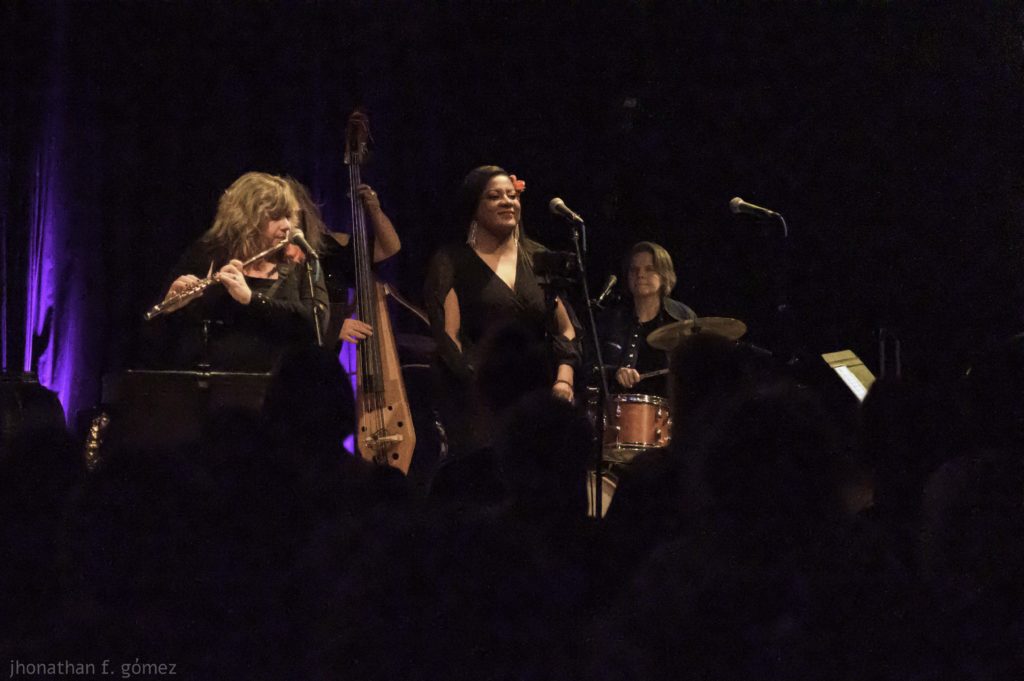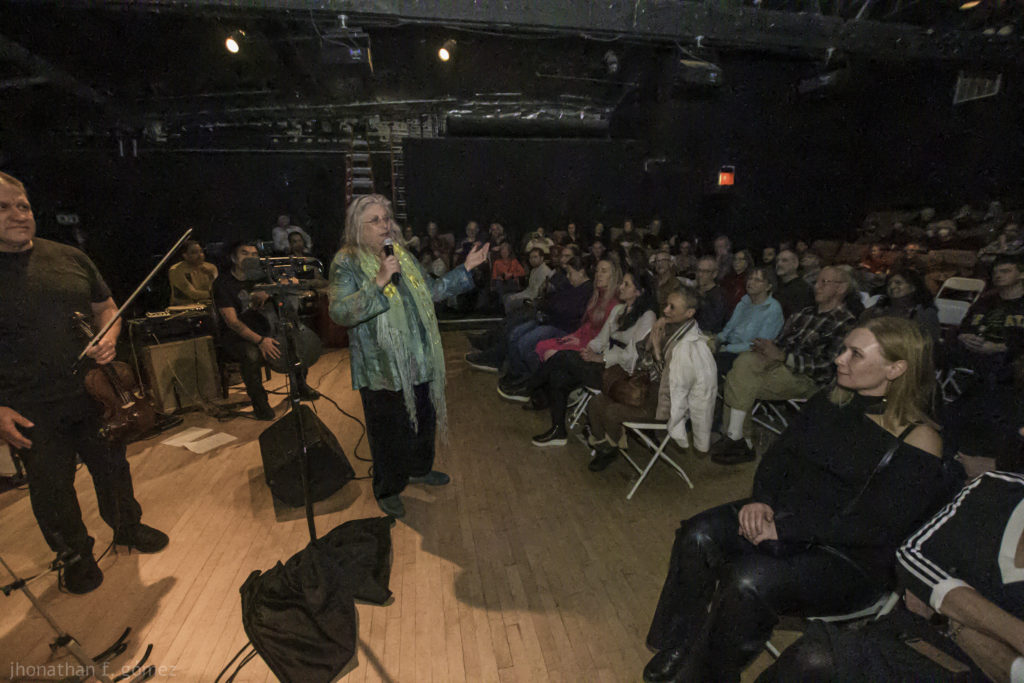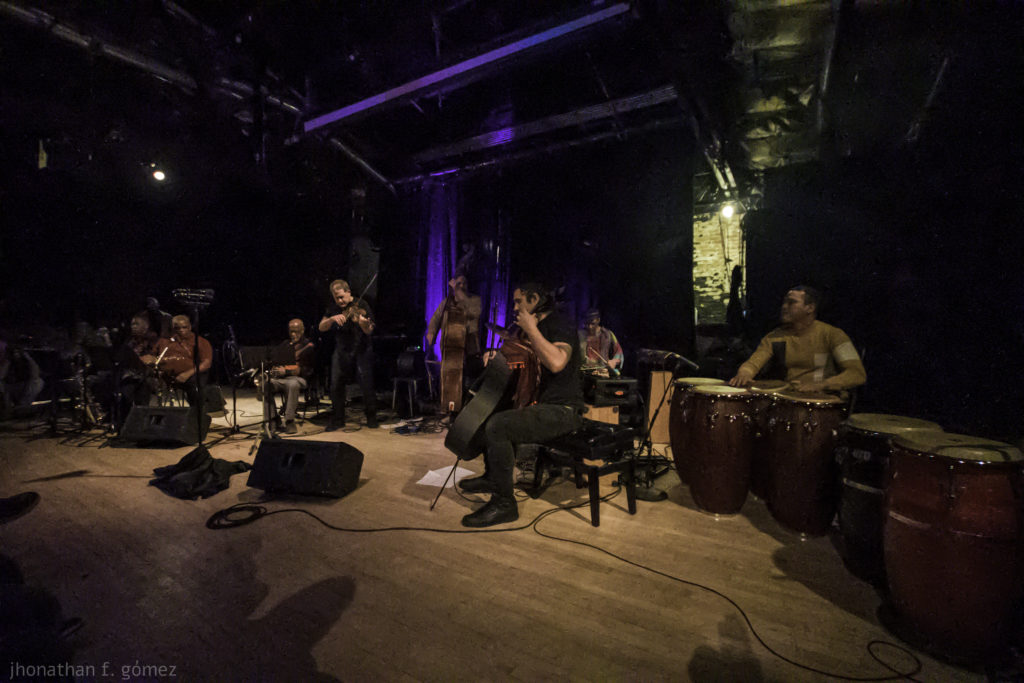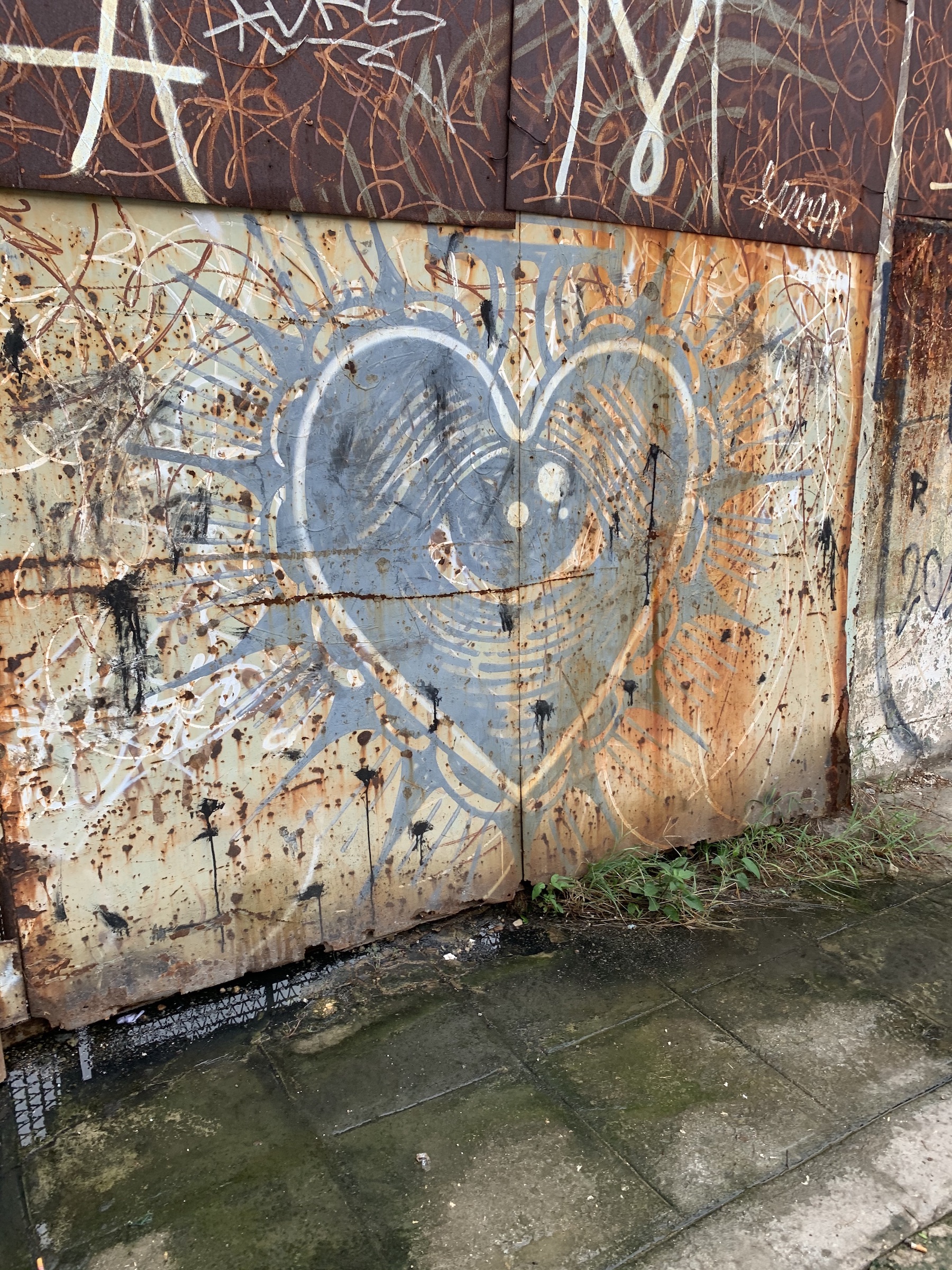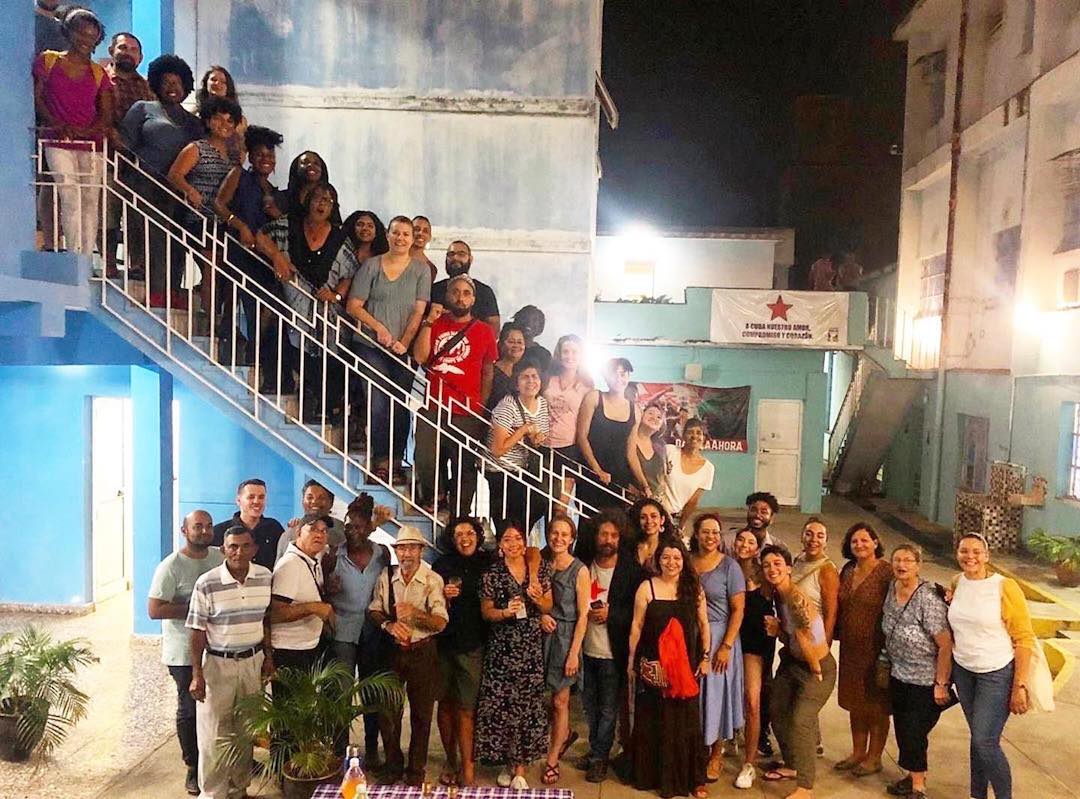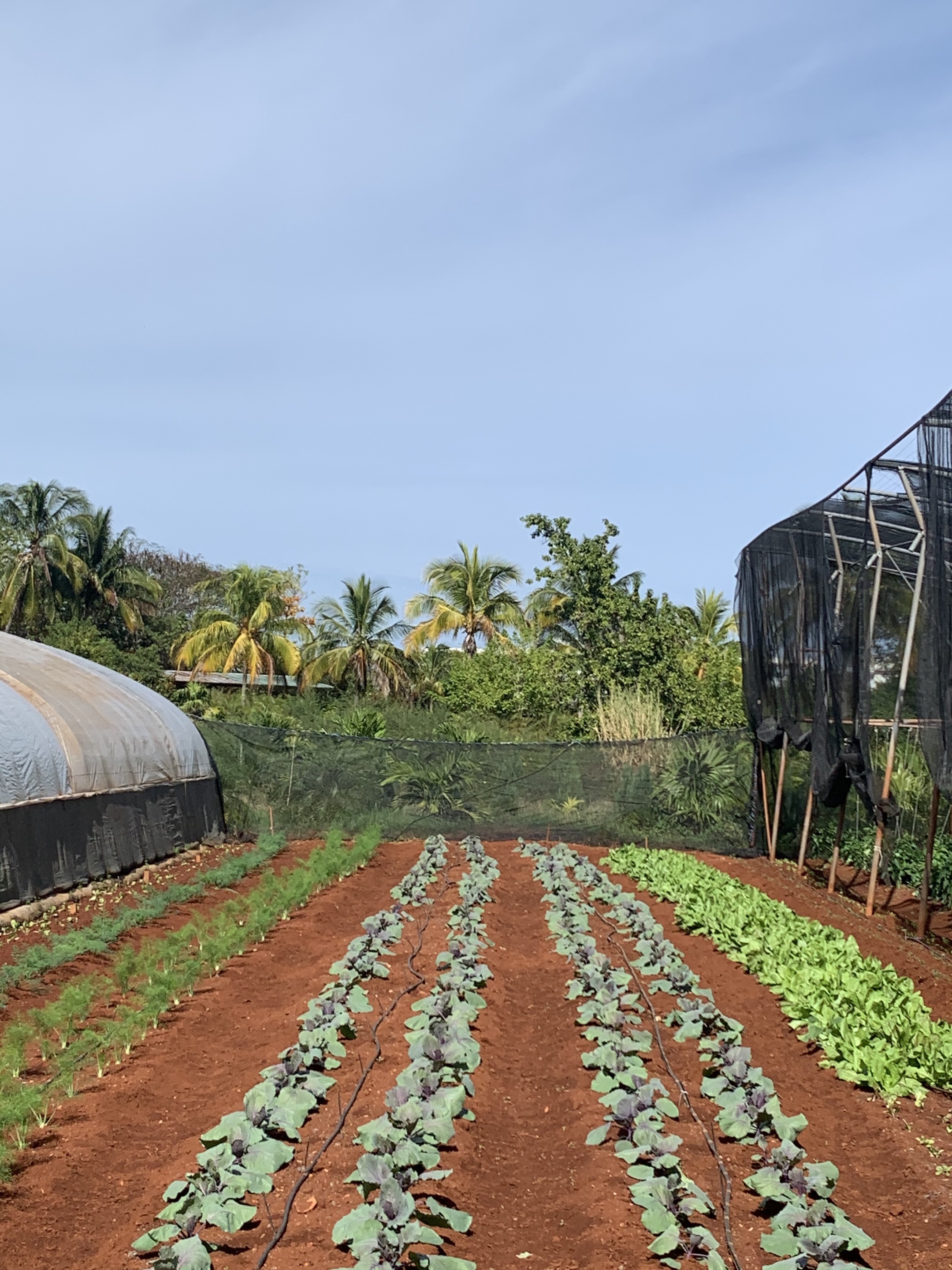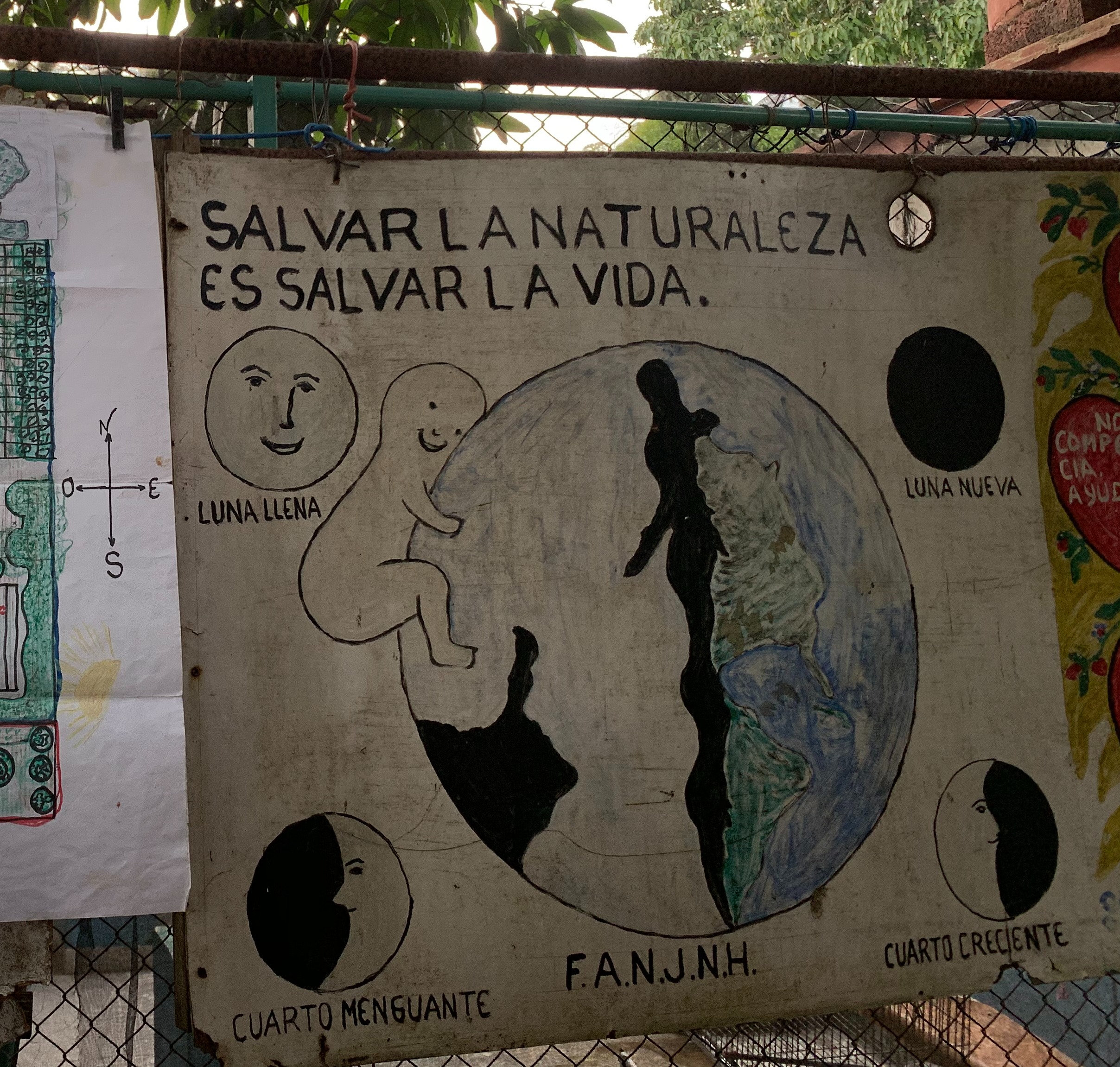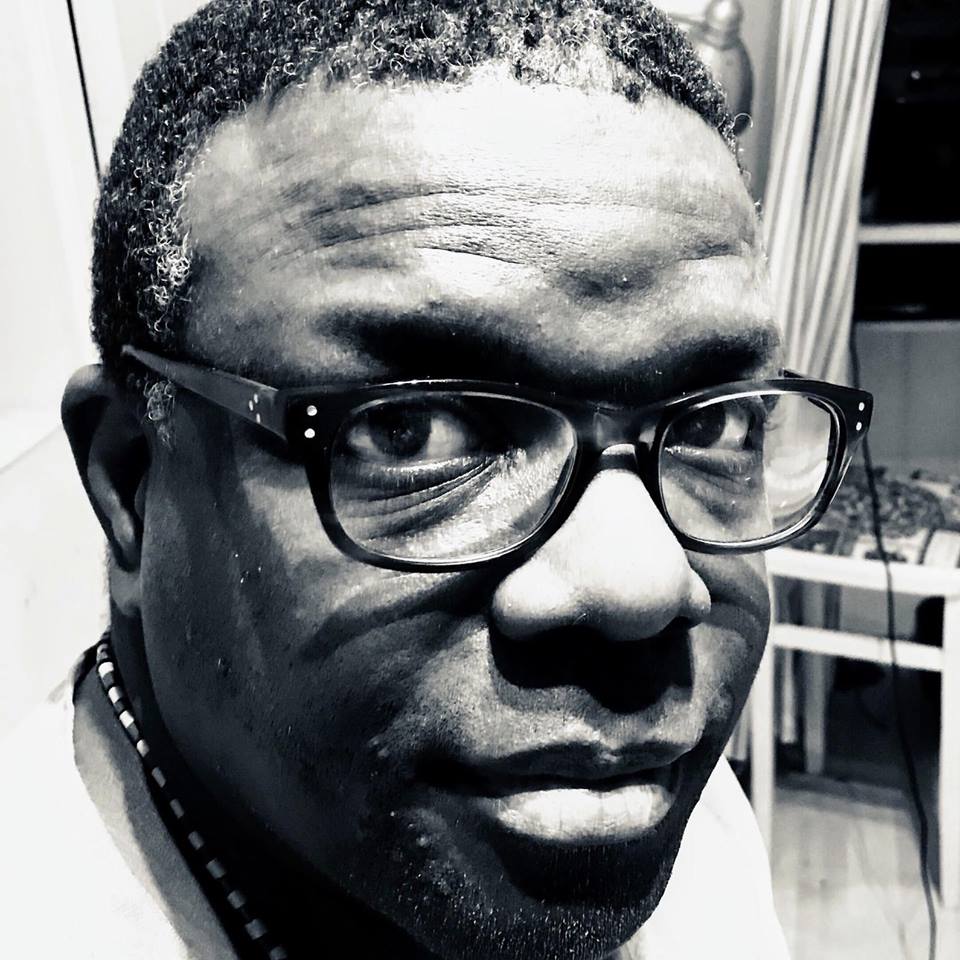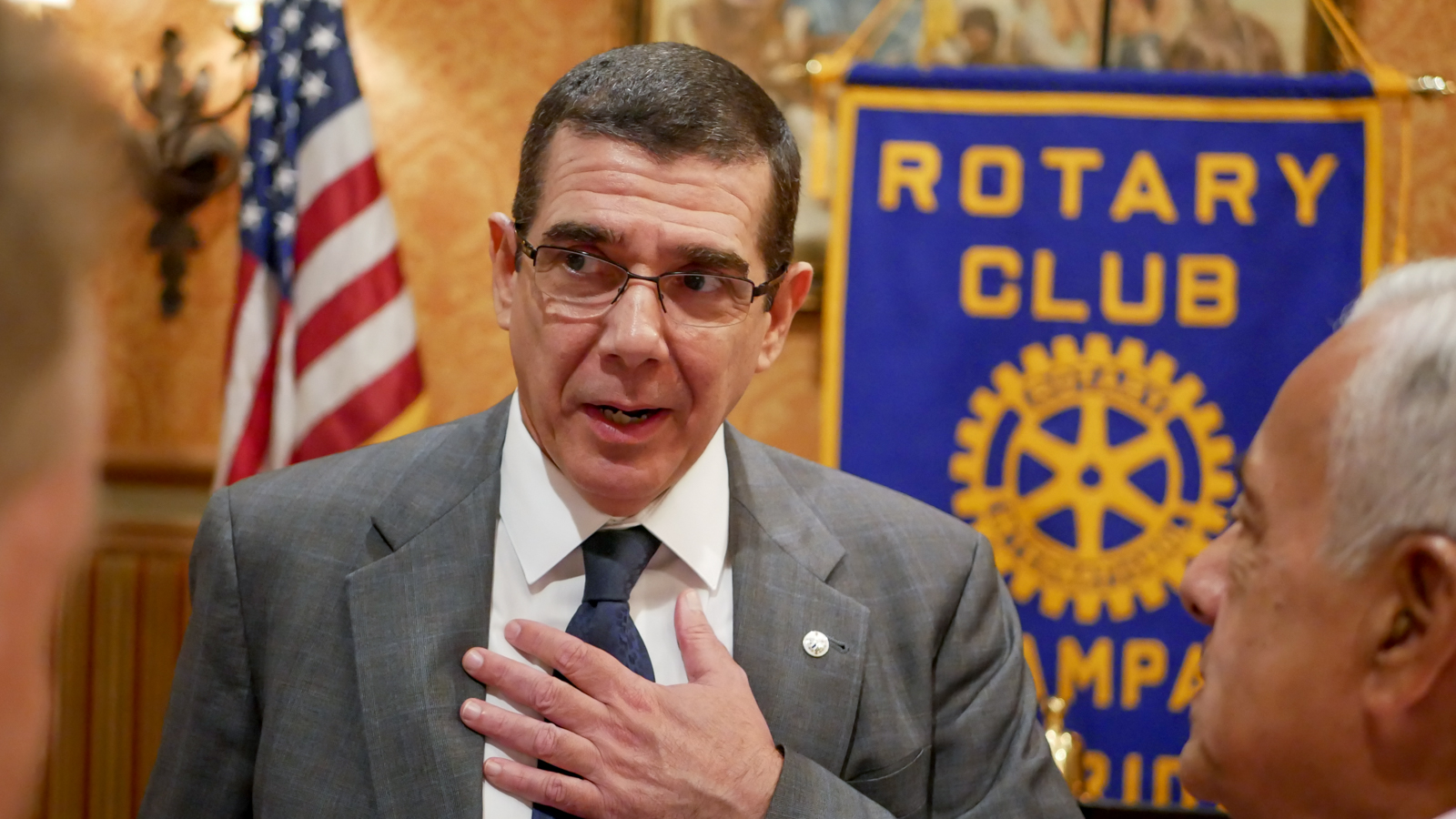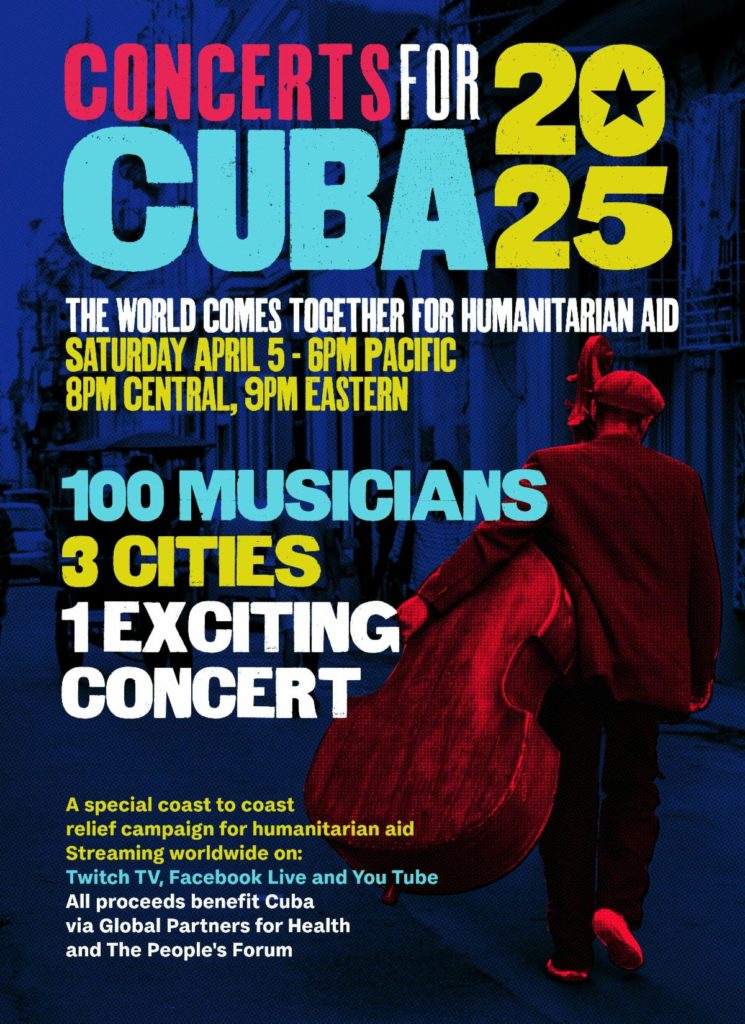
As a co-sponsor of the national campaign, CRLN thanks everyone who bought tickets or donated to the February 16 Chicago Concert for Cuba! The concerts in Chicago, New York City, and San Francisco were sold out. Those three concerts have been edited into an amazing Global Concert for Cuba, streaming on Saturday, April 5 at 8 pm(Central), to continue raising funds for urgently needed humanitarian aid for Cuba.
You can watch it on Facebook Live
(https://facebook.com/events/s/concerts-for-cuba-25-the-world/651725113914857/) or
YouTube
(https://www.youtube.com/live/kJ9o2ub9HvM?si=rz9lK-qRRHHUn6ZB)
The campaign for humanitarian aid continues and you can still contribute. All funds will be used for lifesaving aid to be delivered by two organizations with extensive experience getting aid to Cuba: Global Health Partners and People’s Forum.
Chicago Concert for Cuba on February 16, 2025
As a co-sponsor of the national campaign, CRLN thanks everyone who bought tickets or donated to the February 16 Chicago Concert for Cuba! The concerts in Chicago, New York City, and San Francisco were sold out.
photos by Jhonathan F. Gomez
